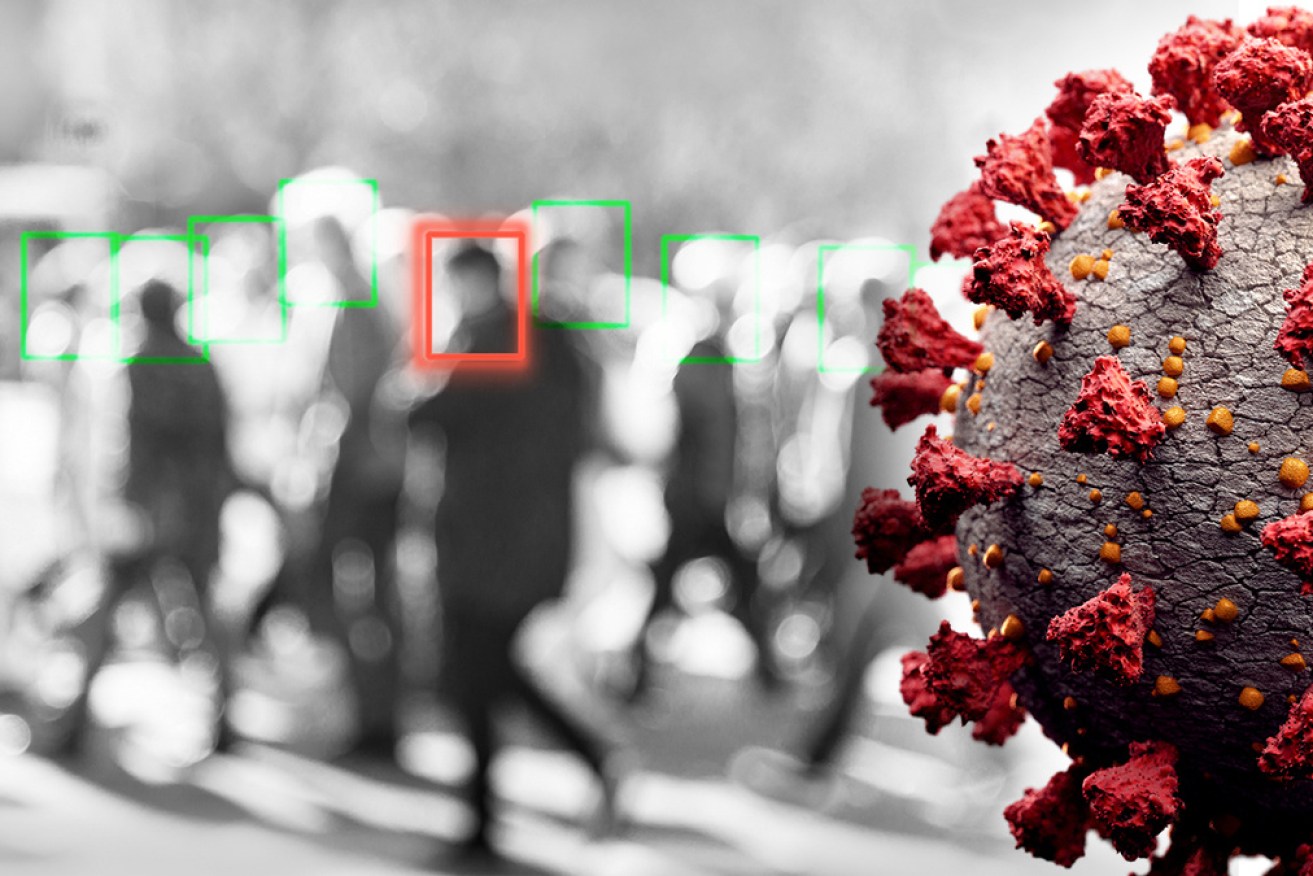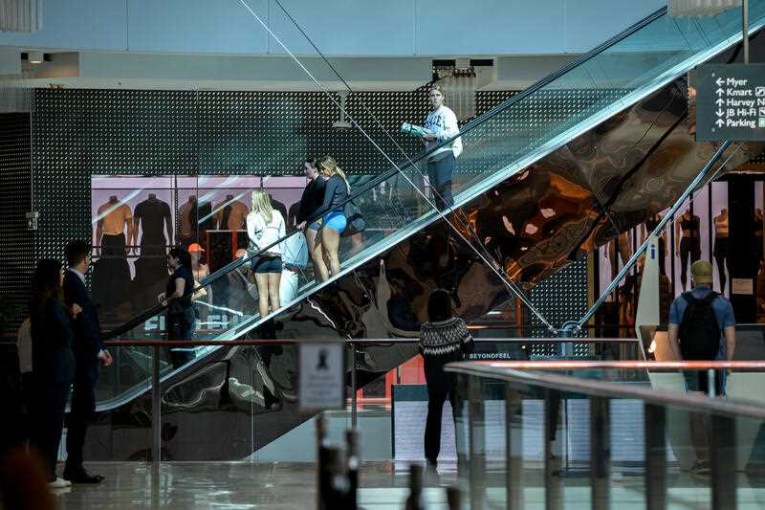‘Disease detectives’: The frontline nurses you’ve never heard of keeping us all safe


As Victoria opens up some are worried about its contact tracing abilities.
Teams of nurses, doctors and specialist public health professionals across Australia go to work each day to track COVID-19 as it moves through our communities.
Through weddings, supermarkets, kiosks and taxis, they’re the people who have investigated, found and contained the virus as it ripples across the country.
They find out who saw who, and who went where to make sure everyone COVID-19 came in contact with self-isolates.
They are the contact tracers.
“We call ourselves disease detectives,” said Nectaria Tzimourtas, who leads Victoria’s team of 30 tracers.
“We’ve got about four teams. Half of them have a public health or environmental health background – what you know as a health inspector – and the other half are public health nurses.”
Under normal circumstances, this unit investigates dozens of diseases. Now they also have COVID-19 to deal with.
“There are actually over 70 diseases that doctors and labs have to tell us about. So measles is a big one, meningococcal, chickenpox, salmonella, and then the STIs (sexually transmitted infections), HIV,” Ms Tzimourtas said.

Nectaria Tzimourtas heads Victoria’s team of contact tracers.
“There’s a legislative requirement that once someone is diagnosed they have to tell us and there are some diseases that as soon as they suspect it, they have to tell us.
“With COVID-19, once they’ve diagnosed somebody, the lab, GP or hospital has to tell us. So that’s how we find out about all the cases.”
Each state and territory has a team of contact tracers. They normally go about their jobs with little recognition, staying out of the spotlight.
The coronavirus has changed that.
As Prime Minister Scott Morrison encourages people to download the new COVIDSafe app, these teams are still humming along in the background.
And although coronavirus cases have dropped around the country, they’re still busy.
Carolyn Murray, the director of the NSW contact tracing team, said the pace had settled, but they were still busy.
“The works changed, but because we follow up people over 14 days, we haven’t seen it settle as much yet,” she said.
Ms Murray trained as a nurse and now runs the state’s 150-strong team.
She said they followed the cases from contact to sickness, and if it develops.
“Let me step you through it,” Ms Murray said.

Carolyn Murray with a team member.
“When someone goes and has a test and they think they have COVID-19 they have a swab. If that test comes back positive, they’re a positive case.
“The local public health unit will ring them and do an in-depth interview about all the people they’ve been in contact with.
“Then depending on if they’ve been to the shops, they’ve been to a party, they will list those people down and get contact details.”
Ms Murray said it was then up to the tracing team to use that list to find who has been in close contact with the COVID-19 patient and inform them they have to self-isolate.
“There’s a bit of detective work to it. Sometimes it might be, Mr Smith was on the flight and when we get the flight manifest, we might not have the contact numbers, so how do you get in contact with them?”
The team makes sure that people isolating have everything they need to stay safe in their homes.

Teams have followed the virus off cruise ships, through airports, and even weddings.
“Then we do a range of things, following up with a welfare check, checking they have enough medication if they need [it], do they have food or appointments booked,” Ms Murray said.
The team arranges for any necessities to be taken to them, and make sure they are coping.
“It’s actually the nicest part of the job. You get to talk to them about how they’re going. A lot of them say ‘it’s nice to hear from you’ because some people are on their own,” Ms Murray said.
Australia’s incredibly low case numbers means that when tracers call, the subject is already aware of their contact with the virus, Ms Tzimourtas said.
“A lot of people we ring, especially now, already know,” she said.
“Which is why social distancing is so important. Now it’s just people in their homes, they’re doing a really good job.”
The hours have been long, and to say tracking a deadly, highly infectious pandemics across the country is stressful, is maybe putting it mildly.
But the reward is keeping everyone safe.
“It’s a once-in-a-generation virus. This is what we’re trained for. It’s why we do what we do. It’s tiring and exhausting and it can be scary sometimes,” Ms Tzimourtas said.
“But just knowing we’re doing this for everybody else and we are doing the right thing helps.
“I’m very proud of my team. They have to wake up every day and know it’ll be a tough day at work, and still go in.
“They’re really dedicated, professional and they are very passionate.”








